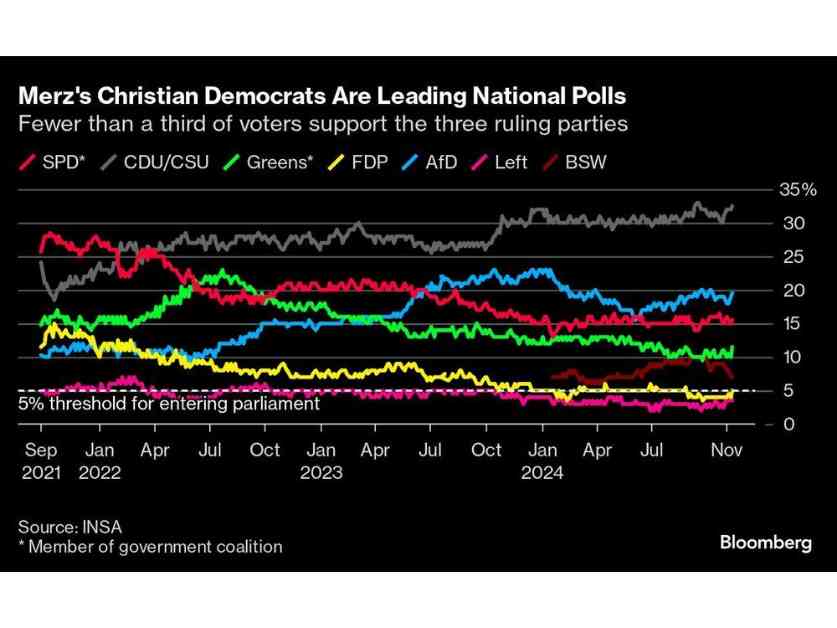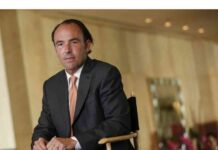Friedrich Merz, a potential Chancellor of Germany, believes that the country’s path to economic growth lies in revisiting the successful policies that drove the postwar economic miracle. His pro-business agenda includes lower taxes, less regulation, and fewer handouts, inspired by his interactions with corporate executives over the years.
Merz’s vision is rooted in the policy mix that combined a free market with social protections after World War II. He emphasizes the need for innovation and a willingness to make changes to improve the country’s economic outlook. His proposed reforms have garnered support from Germany’s business community, who see them as a way to reverse the economic stagnation of recent years.
However, challenges lie ahead for Merz’s platform, especially in addressing modern issues like competitiveness and the energy transition. The return of global political uncertainties, such as the election of Donald Trump and trade wars, adds complexity to Germany’s economic landscape.
The Council of Economic Experts has revised its forecast for economic growth, predicting further contraction in 2024 and minimal expansion in 2025. This economic weakness is prompting calls for policies to boost productivity, such as investing in public infrastructure and promoting innovation.
Merz’s proposed policies include tax cuts, deregulation, and streamlining bureaucracy to make Germany more business-friendly. He aims to introduce incentives for employees to work longer hours and reduce social security payments for those unwilling to work. However, the success of these policies will depend on coalition negotiations after the elections, as his party’s allies may have differing priorities.
Merz’s economic agenda, labeled Agenda 2030, draws parallels to Gerhard Schroeder’s reforms in the early 2000s. Whether Merz’s plans can replicate Germany’s past economic success remains to be seen, given the current global economic challenges and political realities.
In conclusion, Friedrich Merz’s recipe for economic growth in Germany hinges on a mix of pro-business policies and reforms to boost productivity and competitiveness. While his vision is ambitious, the success of his agenda will require navigating complex political landscapes and securing support from various stakeholders in the post-election scenario.






















